Have you ever stopped to reflect on how well you’re able to understand your friends in a crowded bar or noisy restaurant? A large portion of language comprehension is actually based on lip reading, facial expressions, gestures, and context. However, in some of the most crucial situations, such as listening to train announcements or during phone conversations, these visual cues are not available to us. As language learners, it’s important to hone our listening comprehension skills by practicing listening to the language in isolation.
The key to successfully acquiring a language is exposure. Just as you need to read as much as possible to be a good writer, you need to listen to as much Spanish as possible to be a good speaker! Immersing yourself in the sounds of Spanish is the fastest way to pick up the rhythm and patterns of the language.

An effortless way to incorporate Spanish into your daily routine is by listening to Spanish podcasts during your commute, workout, or while cooking meals. The habit of listening to a few minutes of Spanish here and there will quickly add up, resulting in improved auditory comprehension and familiarity with spoken Spanish (which differs from written Spanish in structure and vocabulary).
Whether you are a beginner, intermediate, or advanced learner, there are many great podcasts that can help you improve your Spanish for free! Note that some podcasts are mentioned multiple times if they offer episodes at multiple levels of difficulty.
You can learn Spanish online by practicing vocabulary with Lingvist on a daily basis, listening to radionovelas, topical conversations, or even Spanish news podcasts. The important thing is to find something you enjoy, so you can give it your full attention.
Where to start:
- Spanish podcasts for beginners
- Spanish podcasts for intermediate learners
- Spanish podcasts for advanced learners

What’s the fastest way to improve your Spanish?
Spanish podcasts for beginners
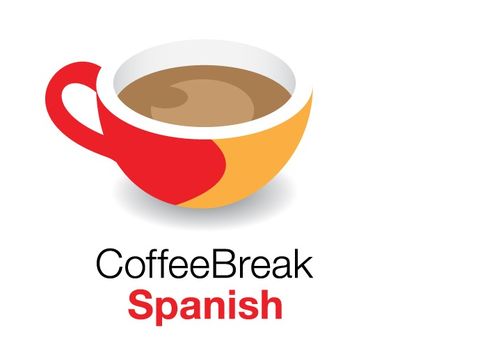
Coffee Break Spanish
Accent: European Spanish
Average length: 10-15 minutes
Sample topics: how to introduce yourself and family members, talking about your job, talking about likes and dislikes
One of the most well-known podcasts for learning Spanish is bite- (or perhaps “sip-”) sized to make it easy to listen to during a coffee break or during a quick jaunt around the block to stretch your legs. The premise of Coffee Break Spanish is that you are learning from Mark along with Kara. Mark even takes the show on the road (or “en marcha”) occasionally to record real-life interactions with native speakers. This podcast is a great way to learn Spanish. Spotify has it in its library, along with iTunes and Google Play, or you can stream it straight from the Coffee Break website.
Spanish Obsessed
Accent: Colombian
Average length: 10-20 minutes
Sample topics: how to disagree politely, how to tell a joke, phrases for apologizing
The hosts of Spanish Obsessed are Rob (British) and Lis (Colombian). Beginner-level episodes include some English, but are still conversation-based, making the listener feel like they are joining a few friends for a relaxed chat. Occasionally, guests from different countries join the show as well to provide exposure to different accents. This podcast is unique in offering two “beginner” levels: Spanish from Scratch and Beginners’ Spanish.
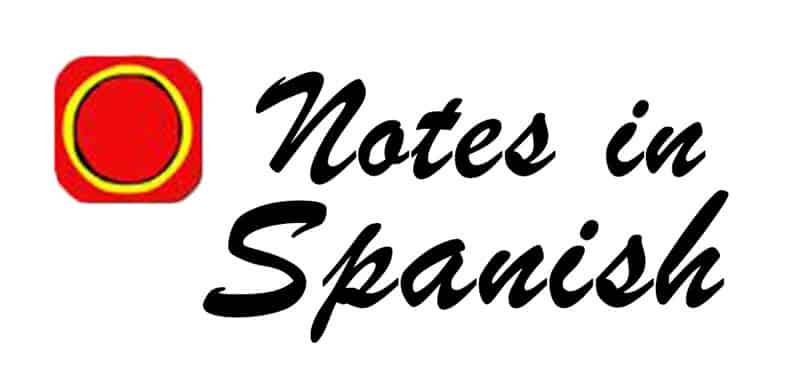
Notes in Spanish
Accent: European Spanish
Average length: 20-30 minutes
Sample topics: conversations about football, going for tapas, phrases for arranging to meet someone, and excuses for getting out of meeting someone
Notes in Spanish allows you to become familiar with the spoken Spanish that you may hear on the street, rather than “proper” written Spanish found in a textbook. The hosts of Notes in Spanish are Ben (British) and Marina (native speaker). Ben augments the lessons with his real-life experiences and mishaps learning Spanish in Spain. Beginner-level episodes offer explanation in English and transition to using mainly Spanish in more advanced levels.
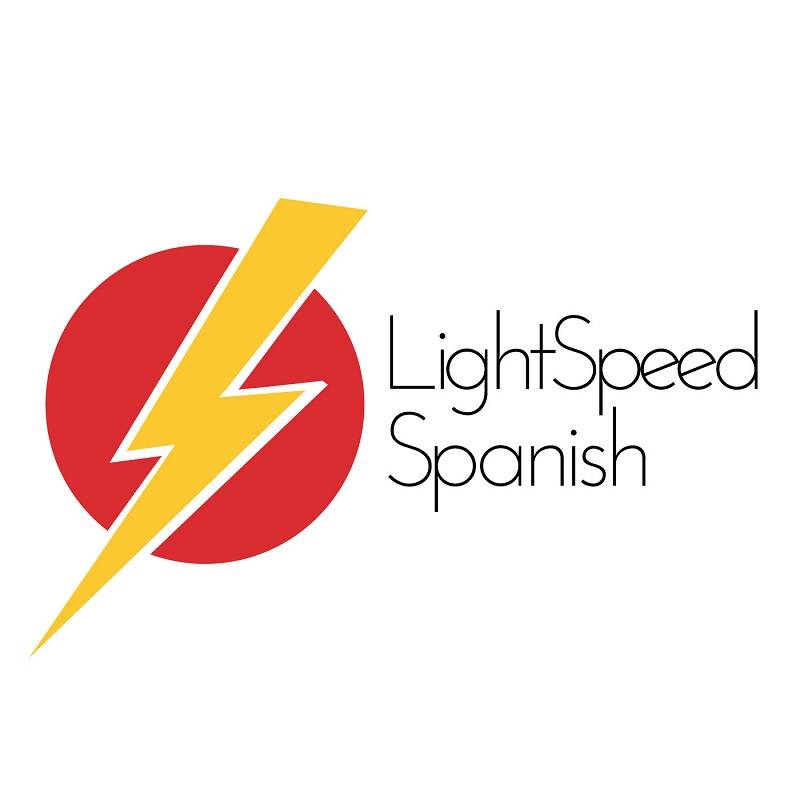
LightSpeed Spanish
Accent: European Spanish
Average length: 15-20 minutes
Sample topics: how to pronounce the alphabet, timetable for eating in Spain, how to say “ago” in Spanish
LightSpeed Spanish differentiates between absolute beginners and early intermediate, so you may want to take a look at the topics offered and decide which level you feel most comfortable with. The hosts are seasoned Spanish and English teacher Gordon (British) and native Spanish speaker/Spanish teacher Cynthia (Spanish). Gordon first learned Spanish while living in Mexico for two years, so he is able to give some perspective on the differences. This podcast is more focused on teaching grammar, verb conjugations, and how to use specific expressions than cultural topics, making it perfect for beginners still getting a feel for how the language functions.
Spanish podcasts for intermediate learners
.png)
Spanish Obsessed
Accent: Colombian
Average length: 10-20 minutes
Sample topics: differences in social etiquette in England and South America, shopping in markets in Colombia, tropical fruits
The hosts of Spanish Obsessed are Rob (British) and Lis (Colombian). Intermediate-level episodes are 100% in Spanish, but with a slower pace, making the listener feel like they are joining a few friends for a relaxed chat full of colloquialisms and slang. Occasionally guests from different countries join the show as well to provide exposure to different accents. This podcast is unique in offering two “intermediate” levels: Intermediate Series 1 and Intermediate Series 2.
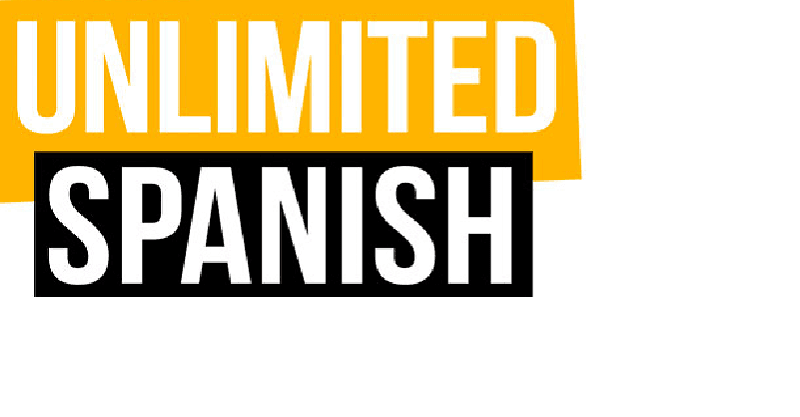
Unlimited Spanish
Accent: European Spanish
Average length: 10-15 minutes
Sample topics: expressions using colors, beautiful words in Spanish, Christmas in Spain
Oscar is from Spain and adds new podcasts weekly on cultural and topical subjects. This podcast is entirely in Spanish, but Oscar speaks very clearly and slowly, making it perfect for an intermediate learner. You can find Unlimited Spanish along with other free podcasts to help you learn Spanish on Spotify, iTunes, Soundcloud, and Tunein.
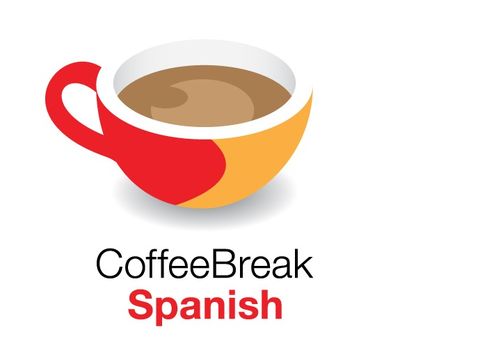
Coffee Break Spanish
Accent: European Spanish
Average length: 10-15 minutes
Sample topics: using the preterite form of verbs, when to use por versus para, making telephone calls
One of the most well-known podcasts for learning Spanish is bite- (or perhaps “sip-”) sized to make it easy to listen to during a coffee break or during a quick jaunt around the block to stretch your legs. Coffee Break Spanish divides their episodes based on level and includes an intermediate (called “Season 2”) and upper intermediate section (“Season 3”). The premise of Coffee Break Spanish is that you are learning from Mark along with Kara. The intermediate lessons include helpful grammatical topics, including use of adjectives and verb conjugations. In upper-intermediate-level episodes of Coffee Break Spanish, the host, Mark, invites native speakers on the show. Mark even takes the show on the road (or “en marcha”) occasionally to record real-life interactions with native speakers. This podcast is available not only on the website and through iTunes/Google Play, but also on Spotify!

Notes in Spanish
Accent: European Spanish
Average length: 10-15 minutes
Sample topics: mafia activity in Spain and other European countries, Spanish films, solar panel usage in Spain
Notes in Spanish allows you to become familiar with the spoken Spanish that you may hear on the street, rather than “proper” written Spanish found in a textbook.
The hosts of Notes in Spanish are Ben (“learner”) and Marina (native speaker). Ben augments the lessons with his real-life experiences and mishaps learning Spanish in Spain. Intermediate-level episodes are entirely in Spanish.
Spanish podcasts for advanced learners
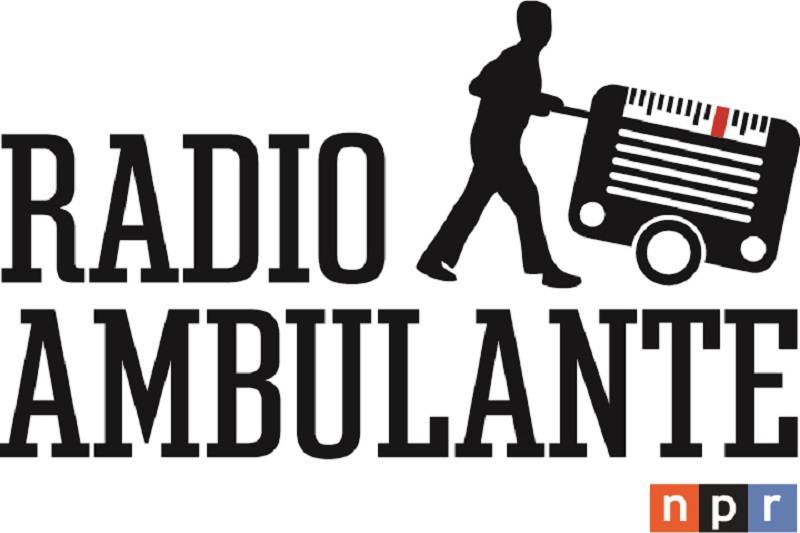
Radio Ambulante
Accent: Latin American Spanish
Average length: 30-60 minutes
Sample topics: an Argentinian rock group’s influential concert in 2004, the seasonal job market for Mexican citizens in America’s carnivals, how a computer buff found a way to make money during Venezuela’s financial crisis
Radio Ambulante is produced by the American non-profit National Public Radio and is similar to the radio program “This American Life.” The podcasts features stories of interesting individuals from all over Latin America, meaning you get to hear native speakers from a wide range of countries while learning about current affairs. Free access to transcripts of all episodes enable you to follow along and discover new vocabulary.
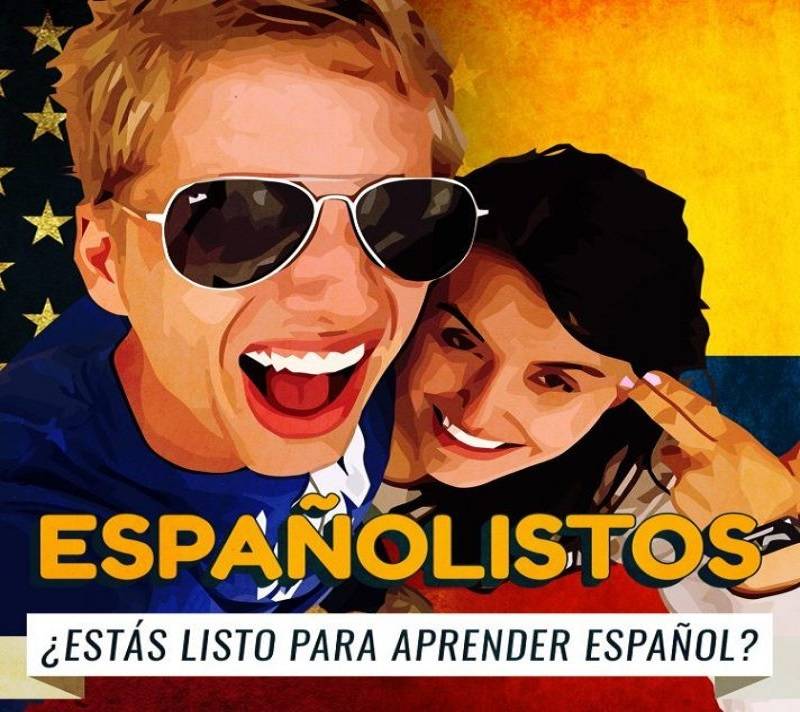
Españolistos
Accent: Colombian
Average length: 30 minutes
Sample topics: routines that help you accomplish your goals, interesting facts about Che Guevara, climate change
Hosted by a Colombian and her American fiancee, Españolistos discusses the hosts’ everyday lives and travels, as well as cultural topics about Latin America. The episodes (and website) are in entirely Spanish, but the hosts are careful to enunciate and speak very clearly.

Buenos Días América
Accent: Latin American Spanish
Average length: 30 minutes
Sample topics: world, sports, and entertainment news in Latin America and the US
Similar to the “Good Morning America” talk show, this daily half-hour podcast gives an overview of the day’s top stories. If you also pay attention to the news in English, you may enjoy deciphering subject-specific vocabulary for stories you’ve already heard about.
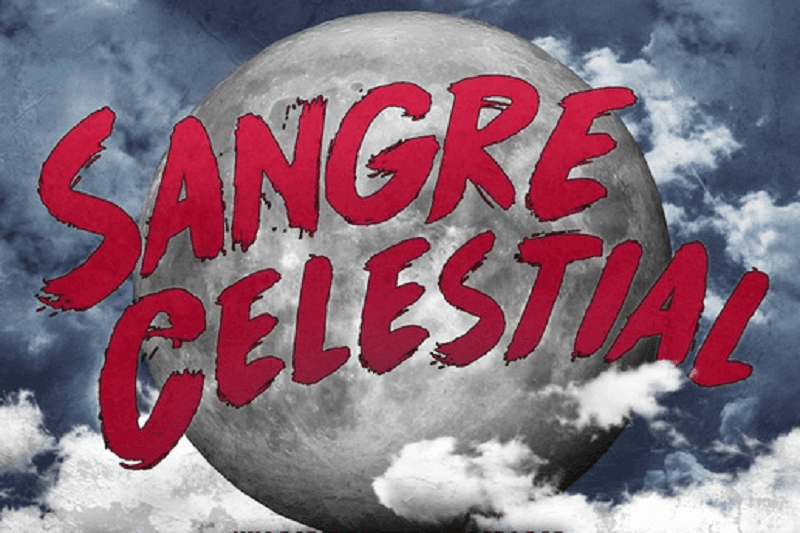
Sangre Celestial
Accent: mostly Latin American Spanish, some European Spanish
Sample length: 20-30 minutes
This unique podcast is actually a supernatural radionovela with half-hour installments. The narrative follows a set of twins across Latin America and the United States as they discover secrets about their family’s history. It is narrated by Mexican actress Kate del Castillo, but includes other voice actors from different countries. As the first bilingual radionovela ever, this podcast is available for download in either Spanish or English.
Learn Spanish by Listening
To solidify that vocabulary and gain familiarity with the language, you should aim to use it in daily conversation as much as possible. There are two things you can do on your own to prepare yourself for those conversations and make them as enjoyable and useful as possible.
The first is to practice your vocabulary and formal understanding of the language. Completing at least one set of cards with Lingvist on at least four days a week is the fastest way to grow your Spanish vocabulary.
The second is to work on your listening comprehension. Watching Spanish movies or TV shows is one way to do that and have fun at the same time. But if you enjoy multitasking or listening on the move, these free Spanish podcasts are a fantastic way to reinforce your learning.




